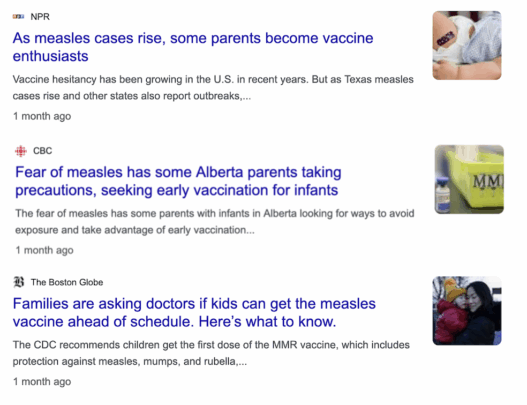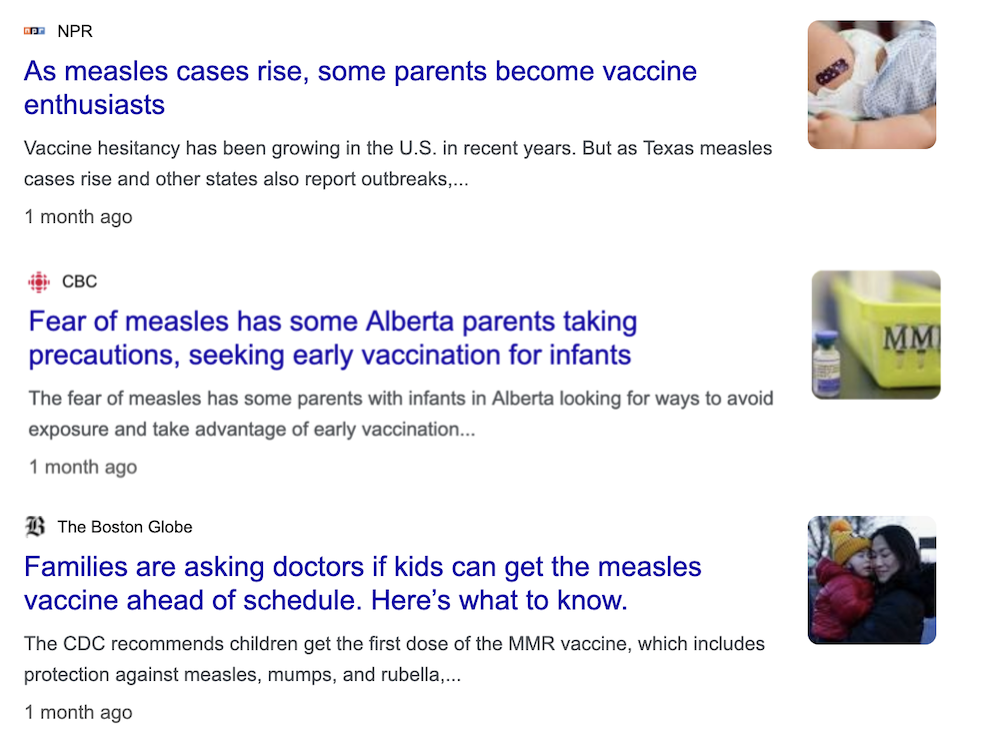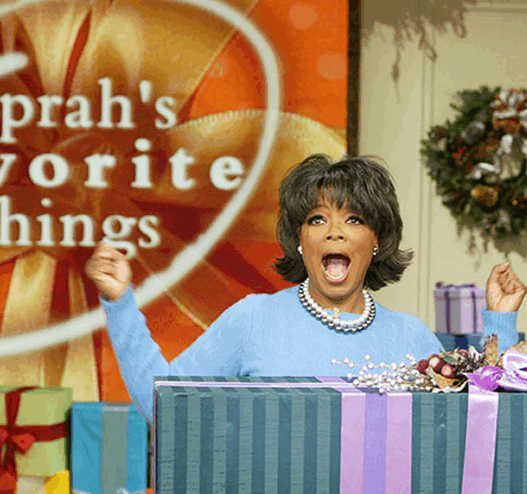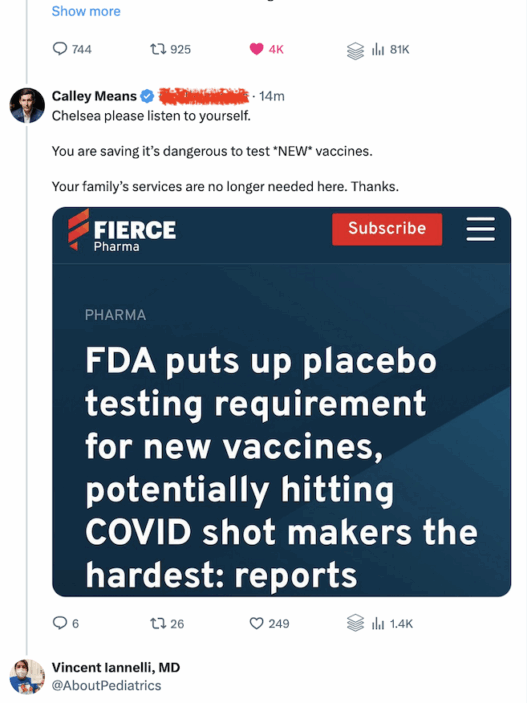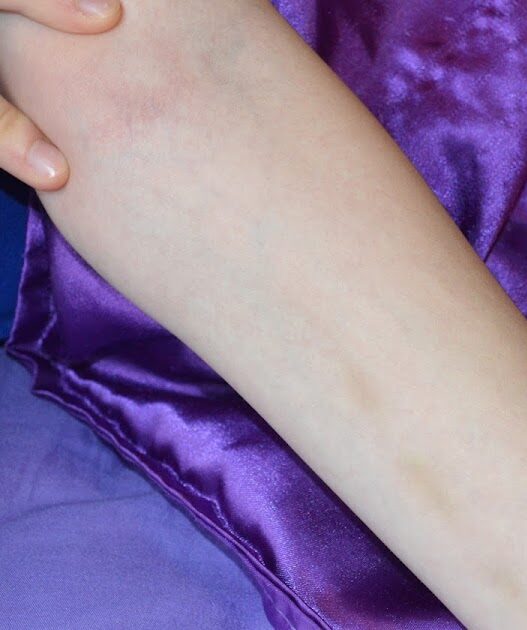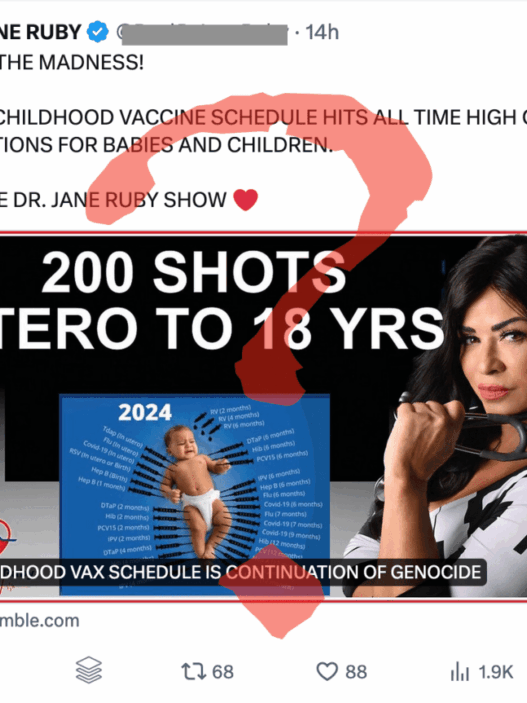With measles cases and outbreaks on the rise, it is no wonder that some parents are looking to get an early MMR for their kids.

Yes, that’s right.
While some parents are so scared of vaccines that they are leaving their kids unprotected in the face of record setting outbreaks, others want extra shots!
How to Get an Early MMR for Your Kids
While most kids get their first dose of MMR when they are 12–15 months old and a second dose before they enter kindergarten, those who are at high risk can get early doses.
These early MMR doses are given:
- as a first dose to infants who are at least six months old (this dose is repeated when they are 12 months old)
- as a second dose to toddlers and preschoolers who are over 12 months old and at least 4 weeks after their first dose (this early 2nd dose counts as their usual second dose!)
And again, they are given to kids who are at high risk to be exposed to measles.
This includes kids:
- who are traveling out of the country (ideally, at least two weeks before your trip)
- who live in an area that has been designated high risk because of an ongoing outbreak
- who are traveling to an area that has been designated high risk because of an ongoing outbreak (ideally, at least two weeks before your trip)
- who are between 6 and 12 months old, are unvaccinated, and have been exposed to measles in the past 72 hours — post-exposure prophylaxis. (this dose is repeated when they are 12 months old)
Are your kids high risk?
Fortunately, most are not!
And most kids don’t actually need an early dose of MMR.
“Talk to your doctor about the MMR vaccine, especially if you or your child plan to travel to an area with an ongoing outbreak or internationally. Two doses of MMR vaccine provide better protection (97%) against measles than one dose (93%).”
Expanding Measles Outbreak in the United States and Guidance for the Upcoming Travel Season
After all, a few cases in a state or county doesn’t mean that they have an ongoing outbreak with a higher risk for your child.
Right now, the only areas with ongoing measles outbreaks, and early MMR recommendations, include:
- 10 counties in west Texas — including Cochran, Dallam, Dawson, Gaines, Garza, Lynn, Lamar, Lubbock, Terry, and Yoakum
- 2 counties in New Mexico — including Lea County and Dona Ana County
- 8 counties in southwest Kansas — including Finney, Ford, Grant, Gray, Haskell, Kiowa, Morton, and Stevens County
But if your child does need an early MMR, simply tell your pediatric provider why your child is high risk and get them vaccinated!
Are you planning a trip to one of these areas or out of the country?
“Historically, disease importations from unvaccinated children traveling internationally to endemic regions has been the major source of US measles cases. However, multiple recent US measles outbreaks, coupled with low vaccination rates, signal a growing domestic hazard.”
Revising US MMR Vaccine Recommendations Amid Changing Domestic Risks
Of course, there are plenty of other circumstances that would put your child at higher risk to be exposed to measles.
Are they in a daycare or school with a lot of unvaccinated kids?
In this situation, the answer isn’t an early MMR though, you should instead try to switch to a daycare or school where more of the kids are vaccinated and protected!
Still, while you should be able to get an early dose of MMR just because you are concerned about the extra risk to your child, you will likely have to give a reason to your pediatric provider.
“In some US states currently experiencing an outbreak, local advisories recommend infants aged 6 to 11 months receive an additional MMR dose. However, currently there is no national recommendation in place or guidance for infants traveling to these domestic locations. Pediatric immunization guidelines should be revised in light of evolving epidemiologic trends. We therefore propose updating the existing recommendation for an additional early MMR dose to infants aged 6 to 11 months traveling to any region with increased probability of measles exposure, whether international or domestic.”
Revising US MMR Vaccine Recommendations Amid Changing Domestic Risks
If they still won’t, ask them why. Usually it is because they are concerned that your insurance plan won’t pay for the early dose…
More on MMR Vaccines
Last Updated on May 2, 2025
